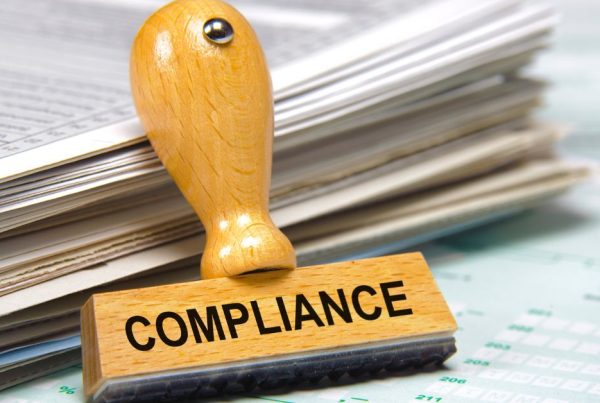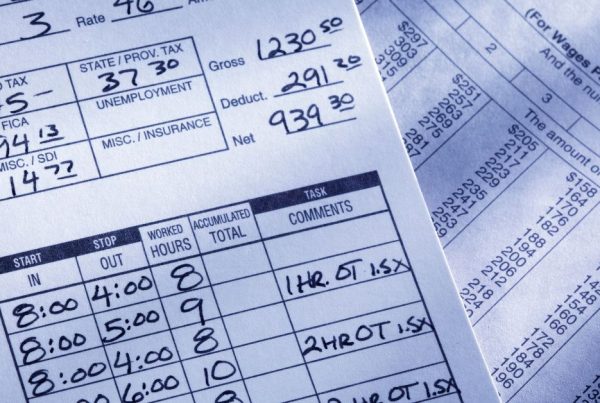Building a robust emergency fund is a crucial aspect of financial planning that ensures clients are prepared for unexpected financial challenges. Financial advisors play a pivotal role in guiding clients to establish and maintain these vital safety nets, offering peace of mind and financial stability. By understanding the importance of an emergency fund, assessing clients’ financial situations, and implementing effective strategies for regular contributions, advisors can help clients achieve a secure financial future.
Understanding the Importance of an Emergency Fund
Definition and Purpose of an Emergency Fund
An emergency fund is a designated pool of money set aside to cover unexpected expenses and financial emergencies. This cash reserve is specifically intended for unplanned events such as car repairs, home maintenance issues, medical bills, or a sudden loss of income (source). The primary purpose of an emergency fund is to enhance financial security by providing a safety net that mitigates the need to resort to high-interest debt options, such as credit cards or unsecured loans, or to dip into retirement savings (source). By having an emergency fund, clients can handle unforeseen expenses without jeopardizing their long-term financial goals (source).
Common Financial Risks and Emergencies
Financial risks encompass a broad array of potential adverse impacts on a client’s financial health, including credit risk, liquidity risk, and operational risk (source). These risks can lead to reduced profitability, loss of capital, strained cash flows, and even business closure (source). On the other hand, financial emergencies are specific, often sudden events that cause unexpected financial hardship. Common examples include unforeseen medical expenses, urgent home repairs, significant car issues, or job loss (source). Both financial risks and emergencies highlight the necessity of maintaining a well-funded emergency reserve to safeguard against these uncertainties.
The Role of Financial Advisors in Educating Clients
Financial advisors are instrumental in educating clients about the importance of an emergency fund. They empower clients to make informed financial decisions by helping them understand the biases, behaviors, and perceptions that impact their financial well-being (source). Advisors can simplify complex financial concepts, provide tailored educational materials, and offer interactive workshops and seminars to enhance clients’ financial literacy. By fostering a deeper understanding of financial principles, advisors build stronger relationships with clients and contribute to their overall financial health (source).
Steps to Building a Robust Emergency Fund
Assessing the Client’s Financial Situation
The first step in building a robust emergency fund is to thoroughly assess the client’s financial situation. Financial advisors play a pivotal role in this process by evaluating the client’s income, monthly expenses, debt obligations, and overall financial health. This assessment helps in identifying how much the client can realistically allocate towards their emergency fund each month. Additionally, advisors can guide clients through life changes such as having a baby or getting divorced, ensuring their emergency fund aligns with their evolving financial needs (source).
Determining the Right Amount for the Emergency Fund
Once the client’s financial situation is assessed, the next step is determining the appropriate amount to save. Generally, it is recommended to have an emergency fund that covers three to six months’ worth of living expenses. However, the exact amount should be tailored to the client’s unique circumstances, including their monthly expenses, risk factors, and financial goals. An adequate emergency fund should be sufficient to cover unexpected costs such as medical bills, car repairs, or temporary loss of income (source, source).
Strategies for Regular Contributions to the Fund
Creating a strategy for regular contributions is crucial for building a robust emergency fund. Financial advisors can recommend several effective approaches, such as setting smaller, manageable savings goals instead of one large target. Starting with small, regular contributions can make the process less daunting and more achievable. Automating savings by setting up automatic transfers to a separate savings account can also ensure consistent contributions. Advisors might also suggest keeping the emergency fund in an account that offers a competitive interest rate to maximize growth while maintaining liquidity (source, source).
By following these steps, financial advisors can help their clients build a robust emergency fund that provides financial stability and peace of mind.
Managing and Monitoring the Emergency Fund
Best Practices for Keeping the Fund Accessible but Secure
Maintaining an emergency fund requires a balance between accessibility and security. It’s crucial to keep the fund in a place where it can be easily accessed in times of need, yet secure enough to avoid the temptation of using it for non-emergencies. One effective strategy is to place the emergency fund in a high-yield savings account or a money market account, which are both highly liquid and offer some interest earnings (source). Avoiding more volatile investments, such as stocks, is advisable, as market fluctuations could force you to sell at a loss when the funds are needed (source).
Periodic Review and Adjustment of the Emergency Fund
Regularly reviewing and adjusting the emergency fund ensures it remains aligned with the client’s current financial situation. Financial advisors should check in periodically, perhaps every six months, to assess how well the fund meets the client’s needs. Life changes such as a new job, a new child, or an increased cost of living may necessitate adjustments to the fund. A good rule of thumb is to maintain an amount that covers three to six months’ worth of living expenses, but this can vary depending on the client’s personal circumstances (source). Advisors should help clients revisit their emergency savings goals to ensure they are still adequate and make any necessary adjustments (source).
Leveraging Technology for Efficient Fund Management
Technology plays a pivotal role in the efficient management of emergency funds. Financial advisors can use various tools to track and monitor their clients’ progress towards their savings goals. These tools often provide real-time updates and analytics, making it easier to adjust strategies as needed. For example, financial advisors can use budget-tracking apps and financial planning software to help clients stay on top of their savings goals (source). Additionally, regular touchpoints, such as annual reviews, can help ensure that the emergency fund remains robust and aligns with the client’s evolving financial landscape (source).
Minute7 can greatly assist financial advisors in this area by offering a platform that facilitates efficient time and expense tracking and reporting. With features like secure data storage, comprehensive reporting, and a mobile app, Minute7 enables advisors to manage their clients’ emergency funds more effectively and ensure that these funds are both accessible and secure.
Empowering Clients with a Robust Emergency Fund Strategy
Building a robust emergency fund is a cornerstone of prudent financial planning, and financial advisors play a crucial role in guiding clients through this process. By understanding the importance of an emergency fund, assessing clients’ financial situations, and implementing effective strategies for regular contributions, advisors can help clients achieve a secure financial future.
Effective management and monitoring of an emergency fund are essential to its success. Advisors should ensure that the fund is both accessible and secure, review it periodically to align with clients’ changing financial landscapes, and leverage technology for efficient fund management. These best practices not only provide a solid financial safety net but also enhance clients’ confidence and peace of mind.
Minute7 supports financial advisors in this endeavor by offering a comprehensive platform for time and expense tracking. With Minute7, advisors can efficiently manage their clients’ emergency funds, ensuring accurate and secure data storage, seamless integration with QuickBooks, and easy accessibility through web and mobile apps. By incorporating Minute7 into their workflow, financial advisors can enhance their service offerings and help clients maintain robust emergency funds, ultimately contributing to their long-term financial well-being.
For more information on how Minute7 can assist financial advisors in managing emergency funds and other financial processes, visit Minute7.



